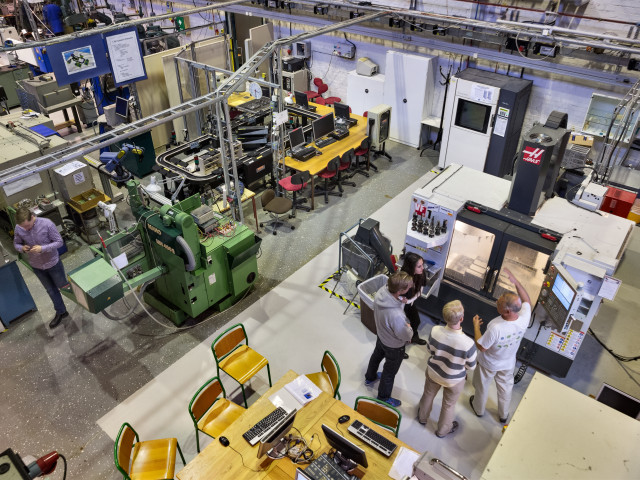Lectures, workshops, seminars, laboratory work, supervision, reflections and other assignments, and an applied project, which together provide theoretical knowledge and experience-based knowledge and skills on solving challenge based problems with focus on the SDGs and ergonomics in product development.
Topics include:
- The sustainability concept, SDGs, and challenge-driven development
- Physical, system, and cognitive ergonomics, the HTO-perspective, Injury risks and their effects, and risk management,
- Design Thinking and Ergonomics methods
- Creativity, group dynamics, collaboration, project management, and evaluation methods
